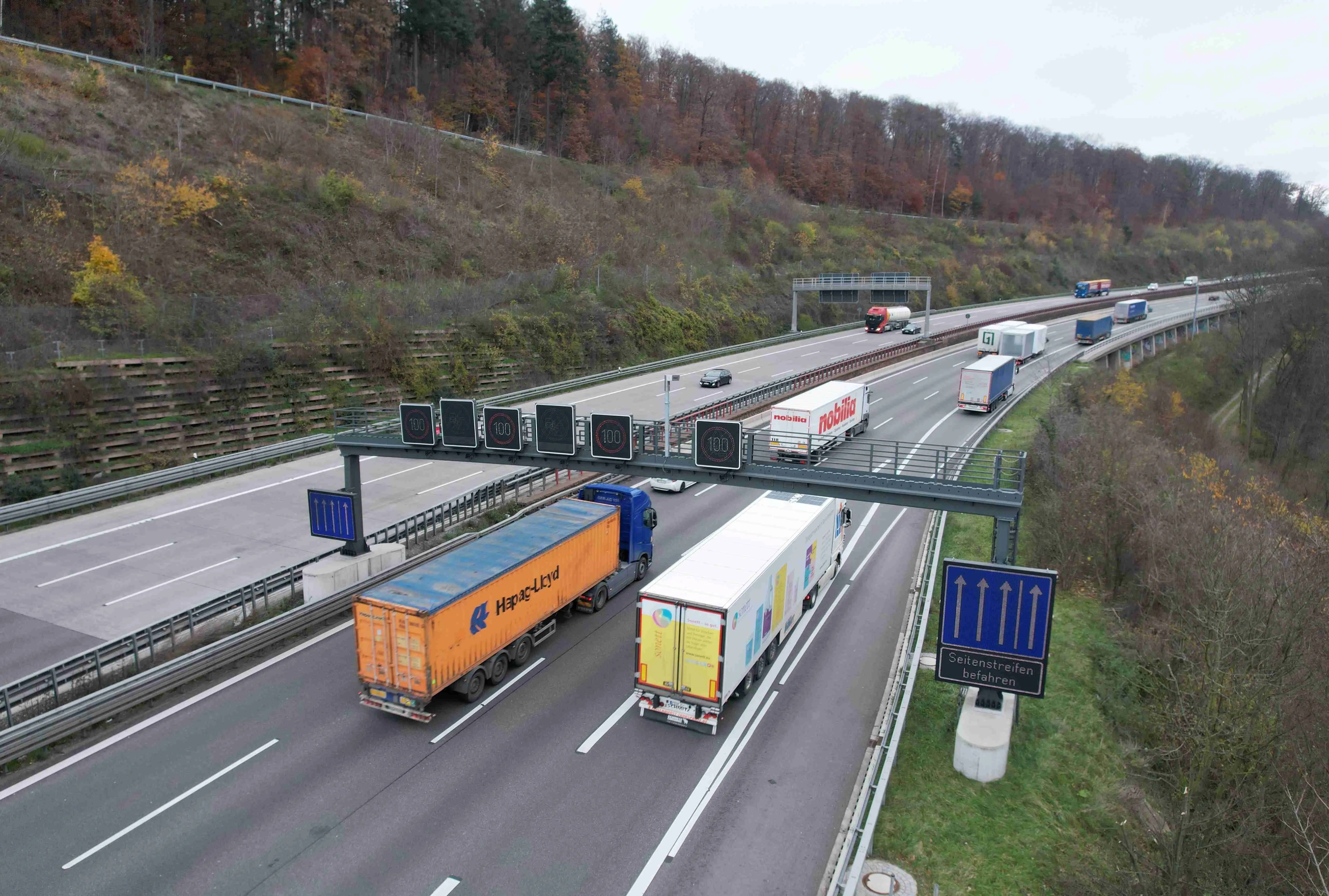In view of Germany's ambitious electromobility target - one million electric cars in use in 2020, compared to 4,500 e-cars nationwide at present - the automobile industry plans to offer more than 15 new electric vehicle models in the coming two years, according to the National Platform E-Mobility's (NPE Nationale Plattform Elektromobilität's) third report. First application fields for electrified cars could be car sharing models and public authority vehicle fleets.
May 11, 2012
Read time: 1 min
In view of Germany's ambitious electromobility target - one million electric cars in use in 2020, compared to 4,500 e-cars nationwide at present - the automobile industry plans to offer more than 15 new electric vehicle models in the coming two years, according to the National Platform E-Mobility's (NPE Nationale Plattform Elektromobilität) third report. First application fields for electrified cars could be car sharing models and public authority vehicle fleets.
All in all, the German economy intends to invest €17 billion (US$21.99 billion) by 2014. Instead of originally targeted €1 billion, investments in battery development are to total €600 million. A total of €230 million is scheduled to be spent on 28 research projects to progress drivetrain technology. Further development fields are lightweight design (€100 million for eight projects) and infrastructure (€175 million). The number of public stations used for charging e-cars is to be raised nearly ten-fold, from the current level of 2,200 to almost 200,000 stations in 2020.
All in all, the German economy intends to invest €17 billion (US$21.99 billion) by 2014. Instead of originally targeted €1 billion, investments in battery development are to total €600 million. A total of €230 million is scheduled to be spent on 28 research projects to progress drivetrain technology. Further development fields are lightweight design (€100 million for eight projects) and infrastructure (€175 million). The number of public stations used for charging e-cars is to be raised nearly ten-fold, from the current level of 2,200 to almost 200,000 stations in 2020.








